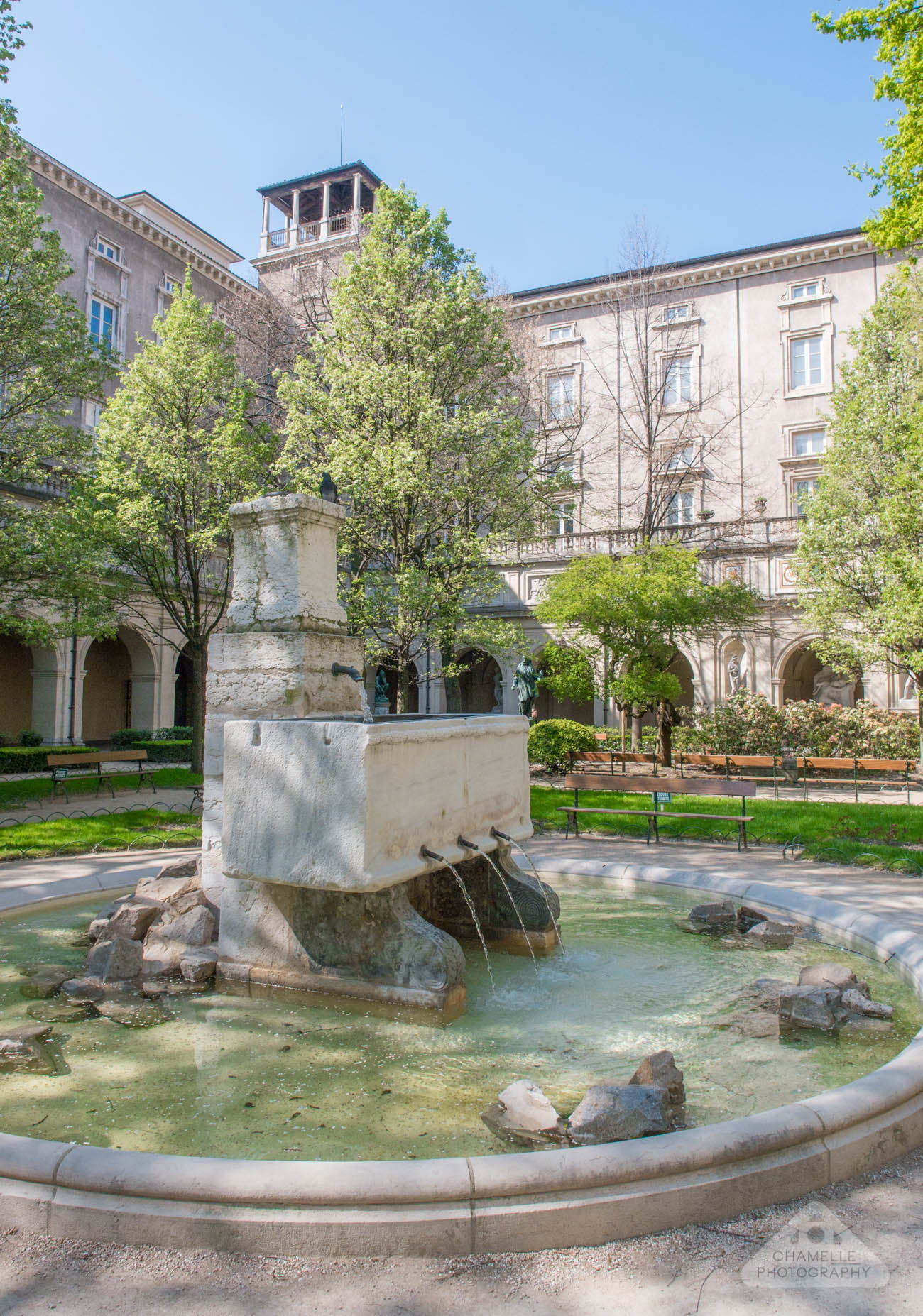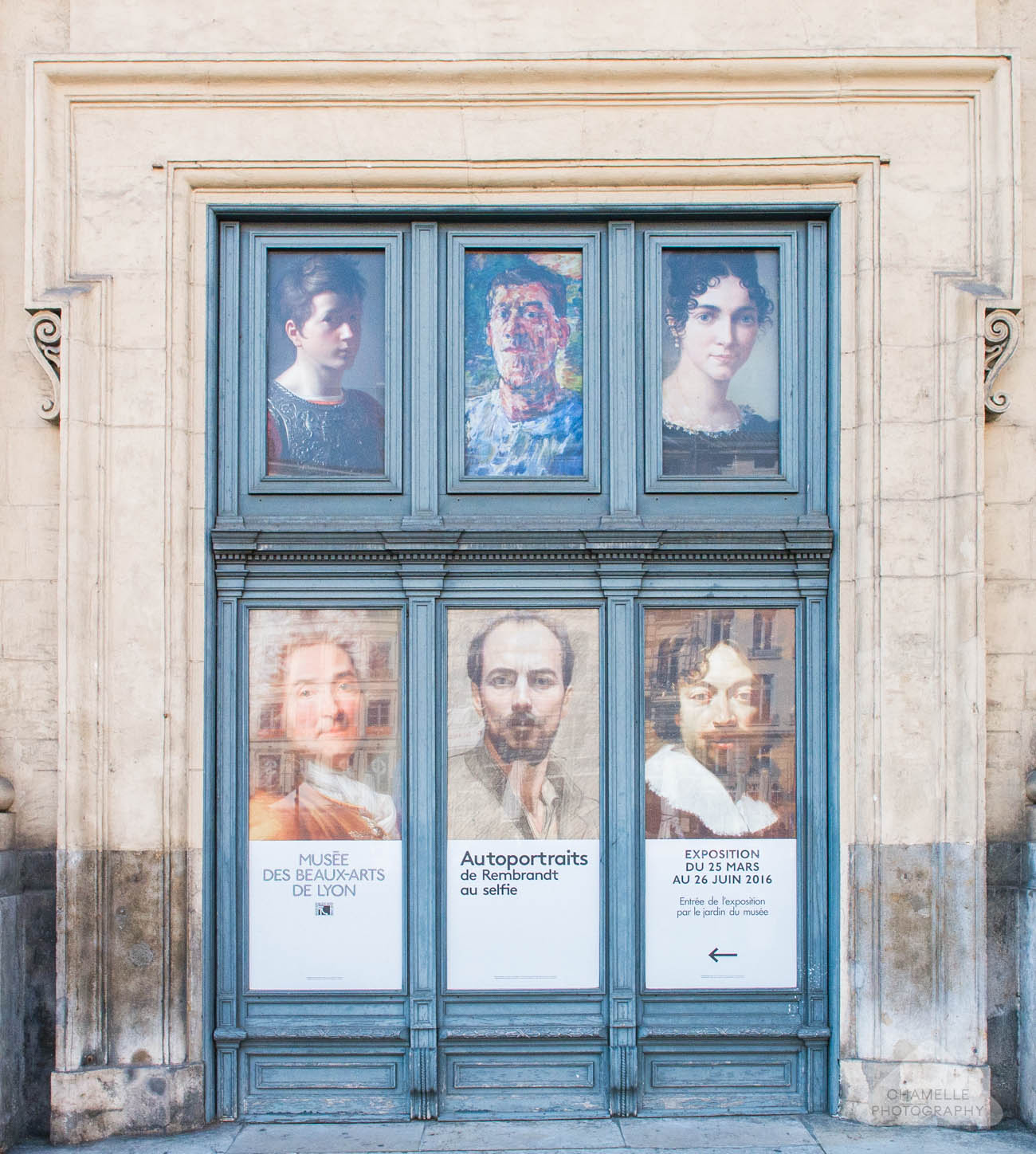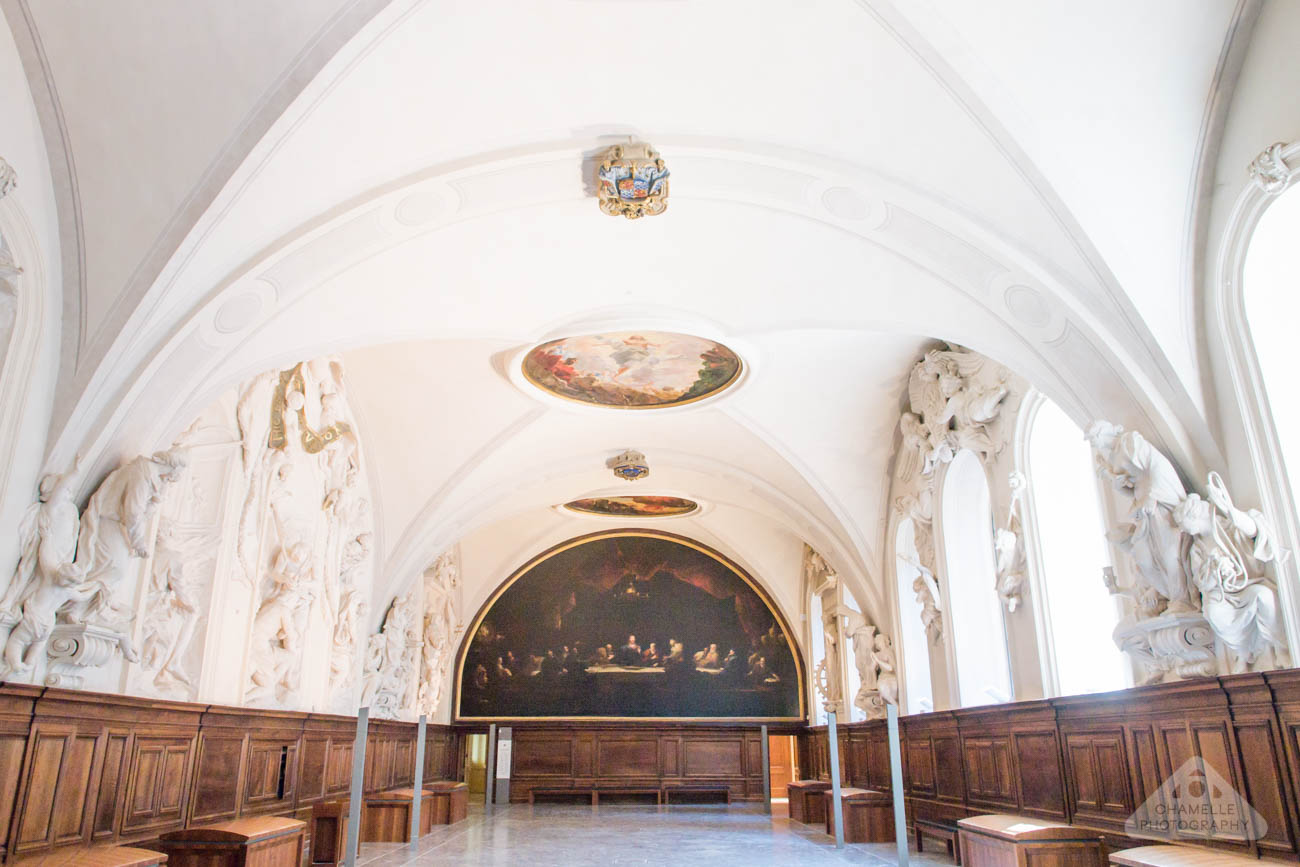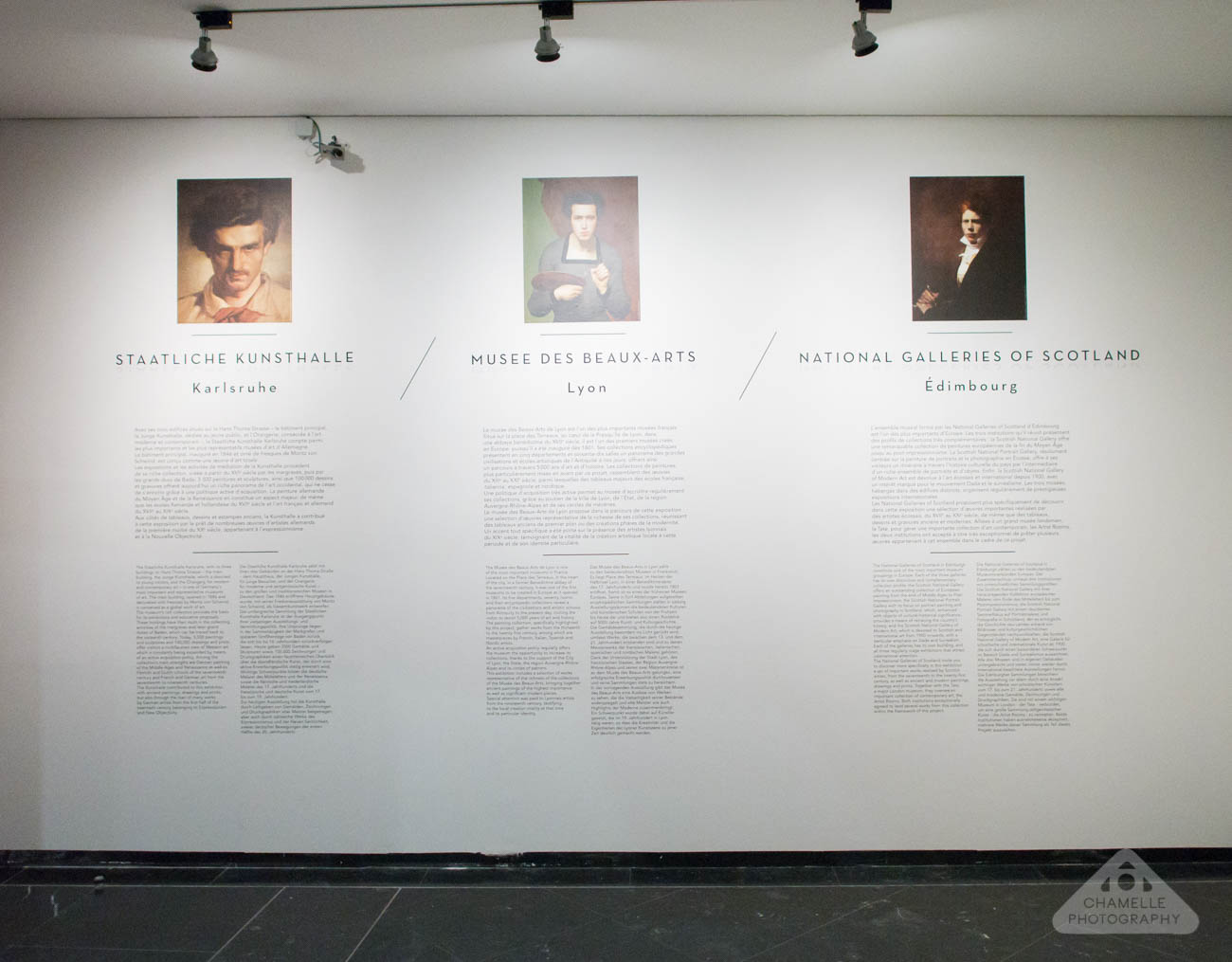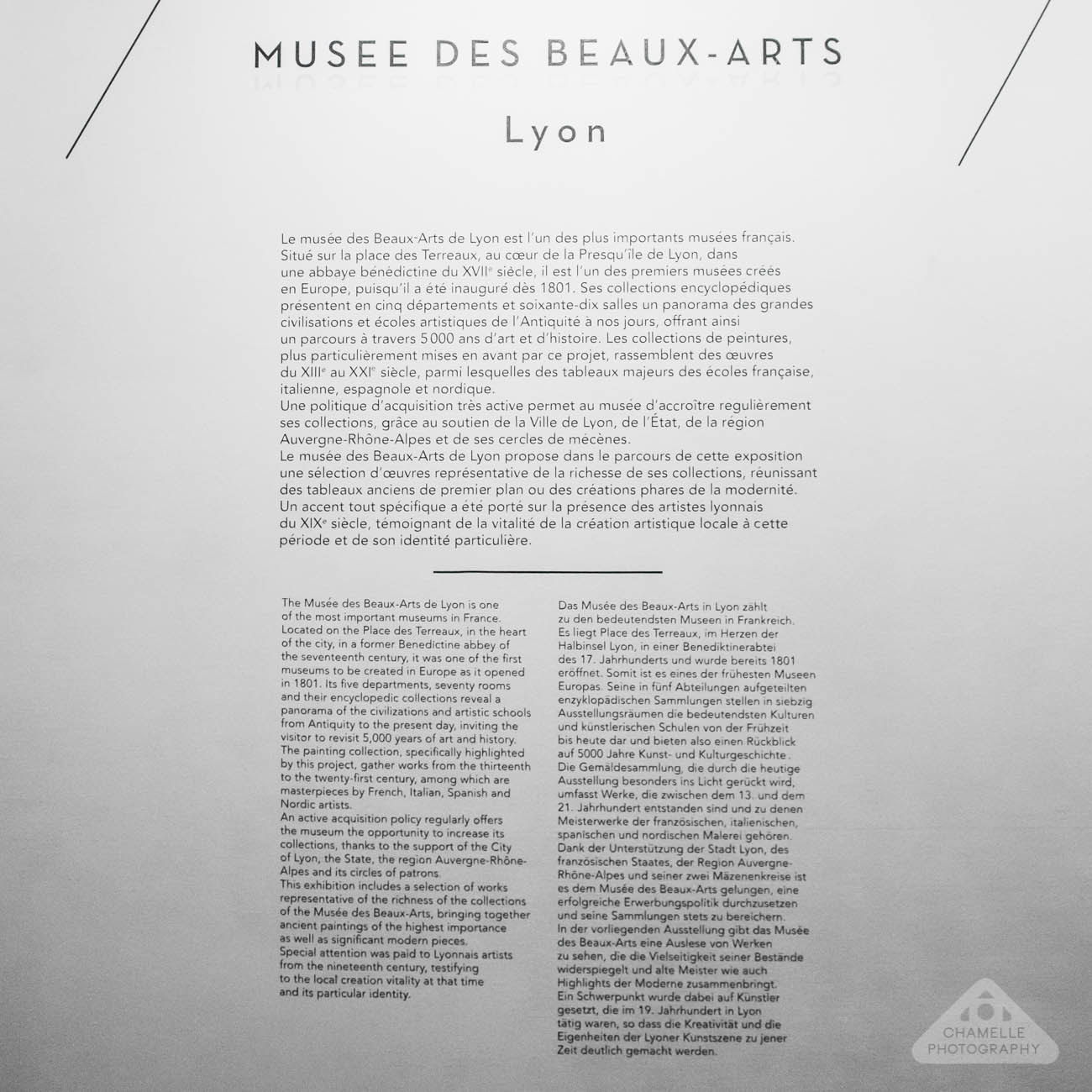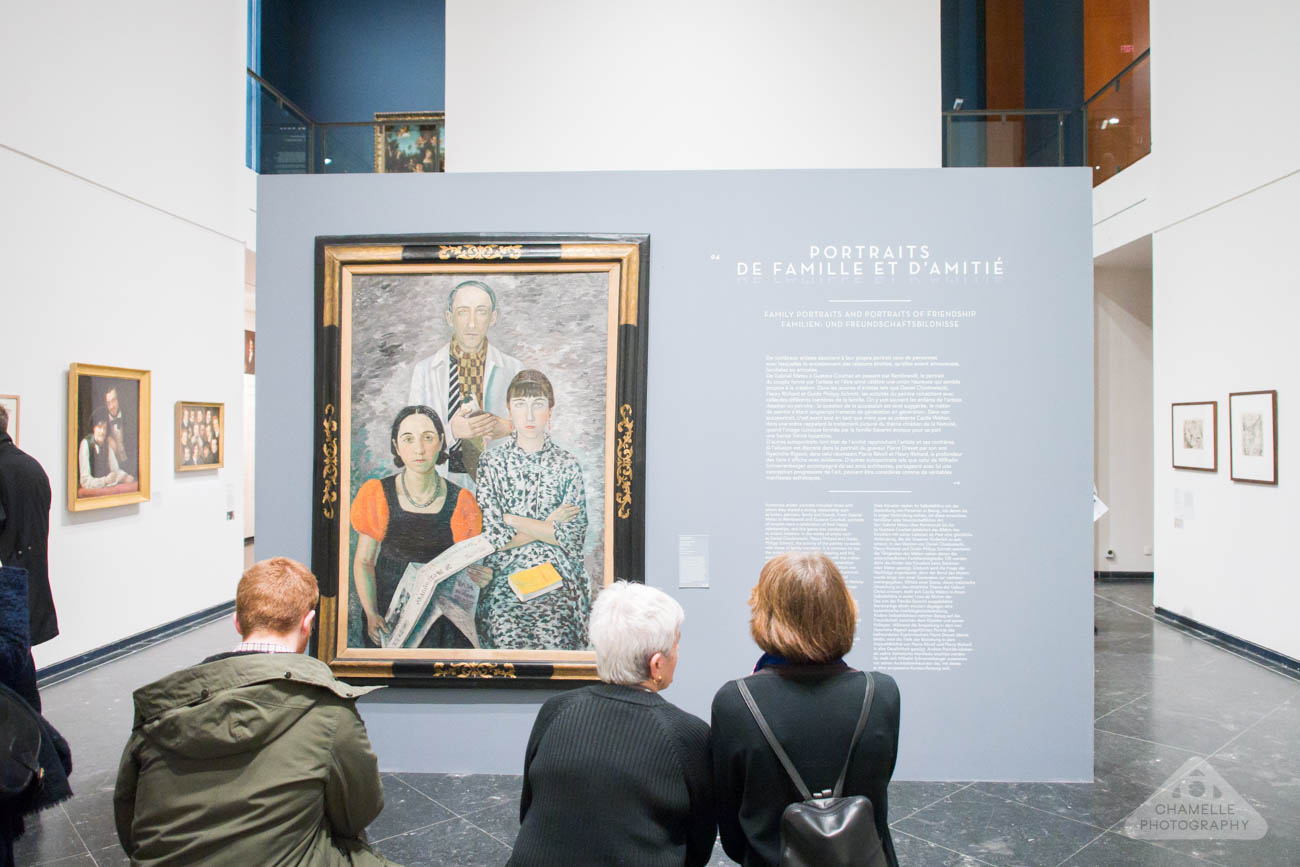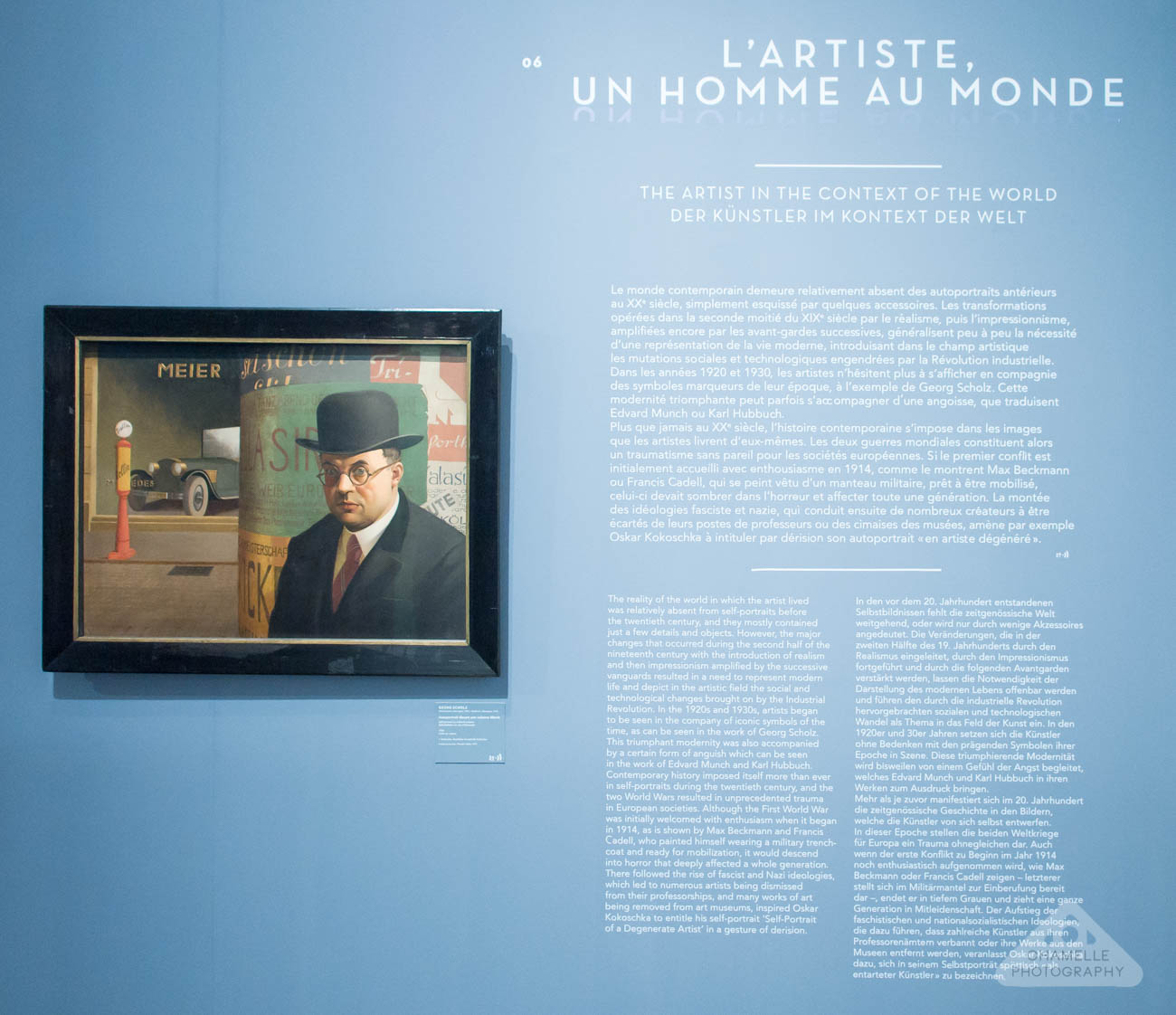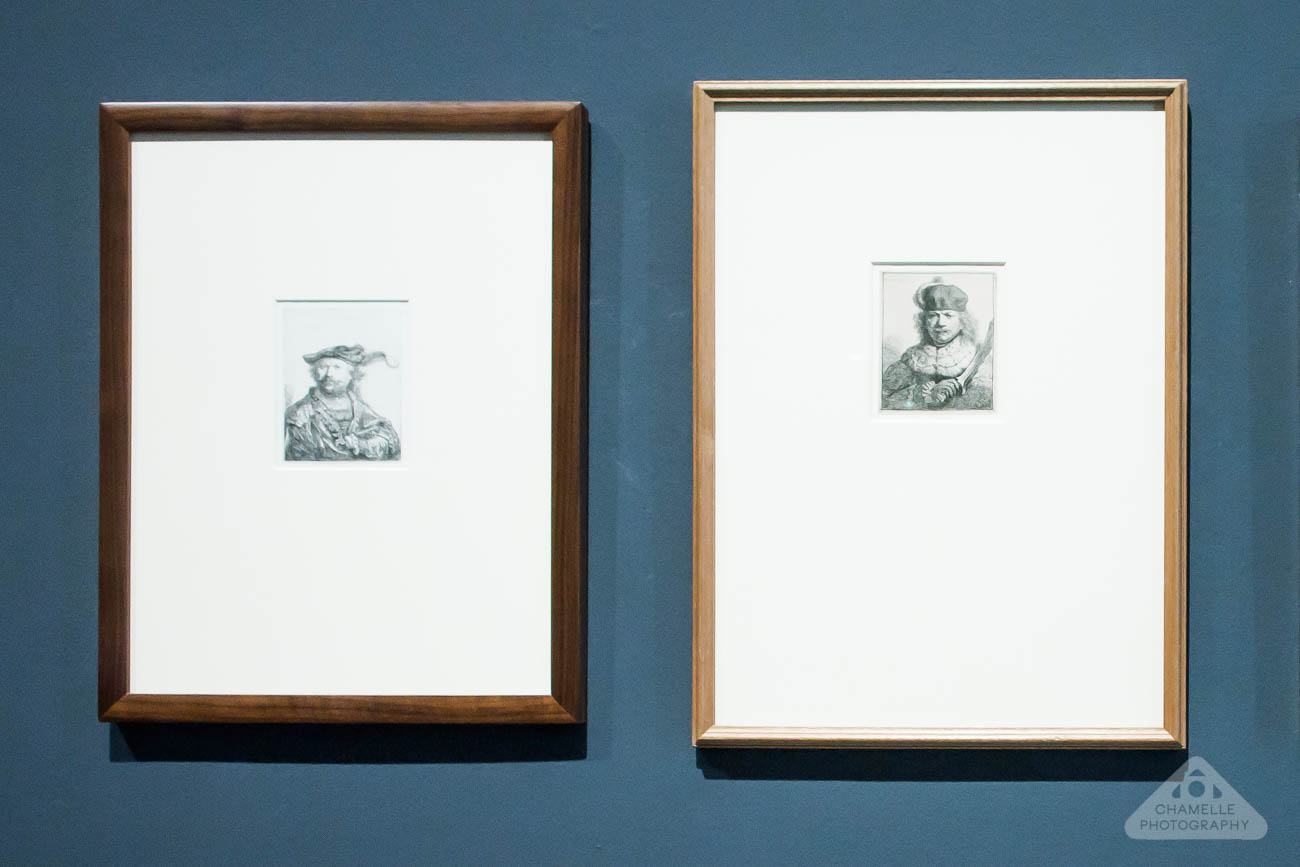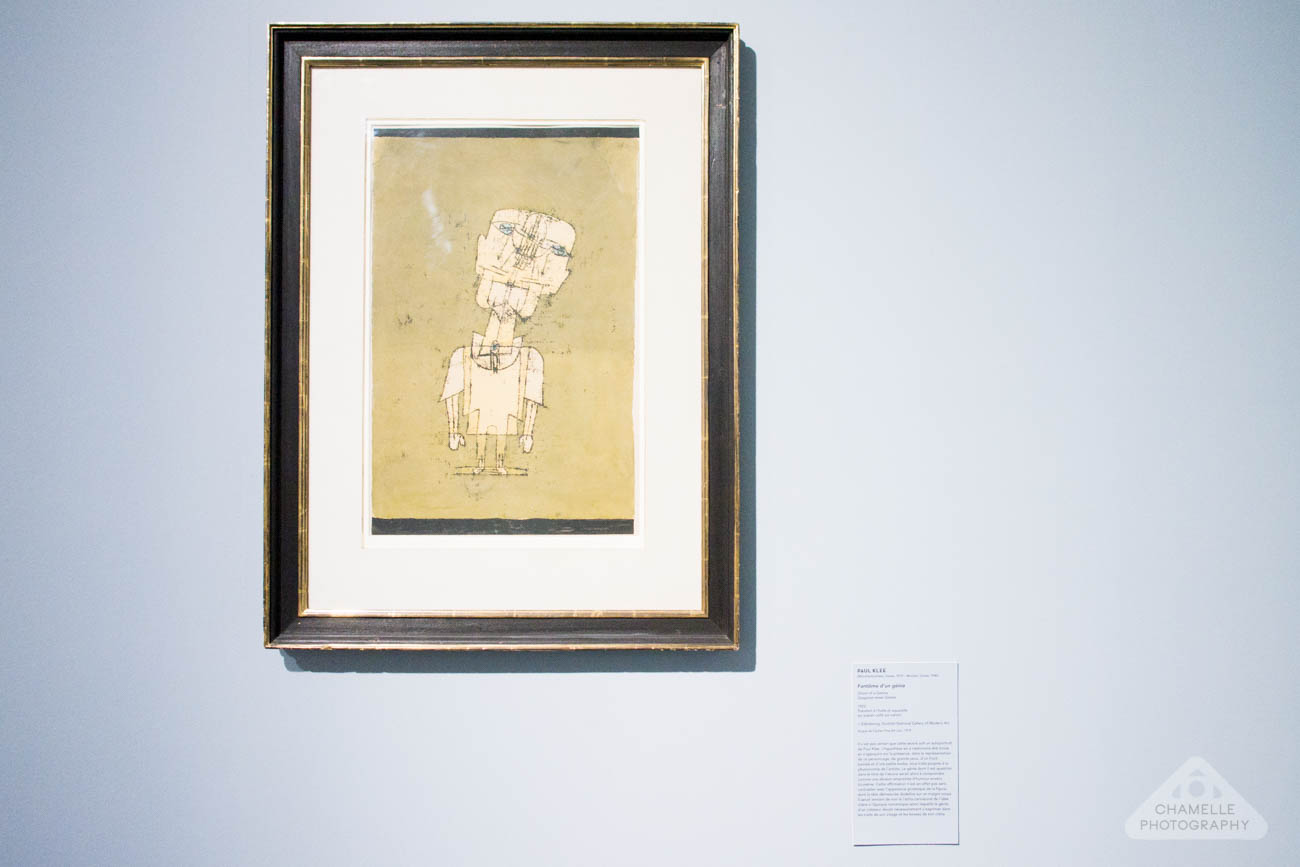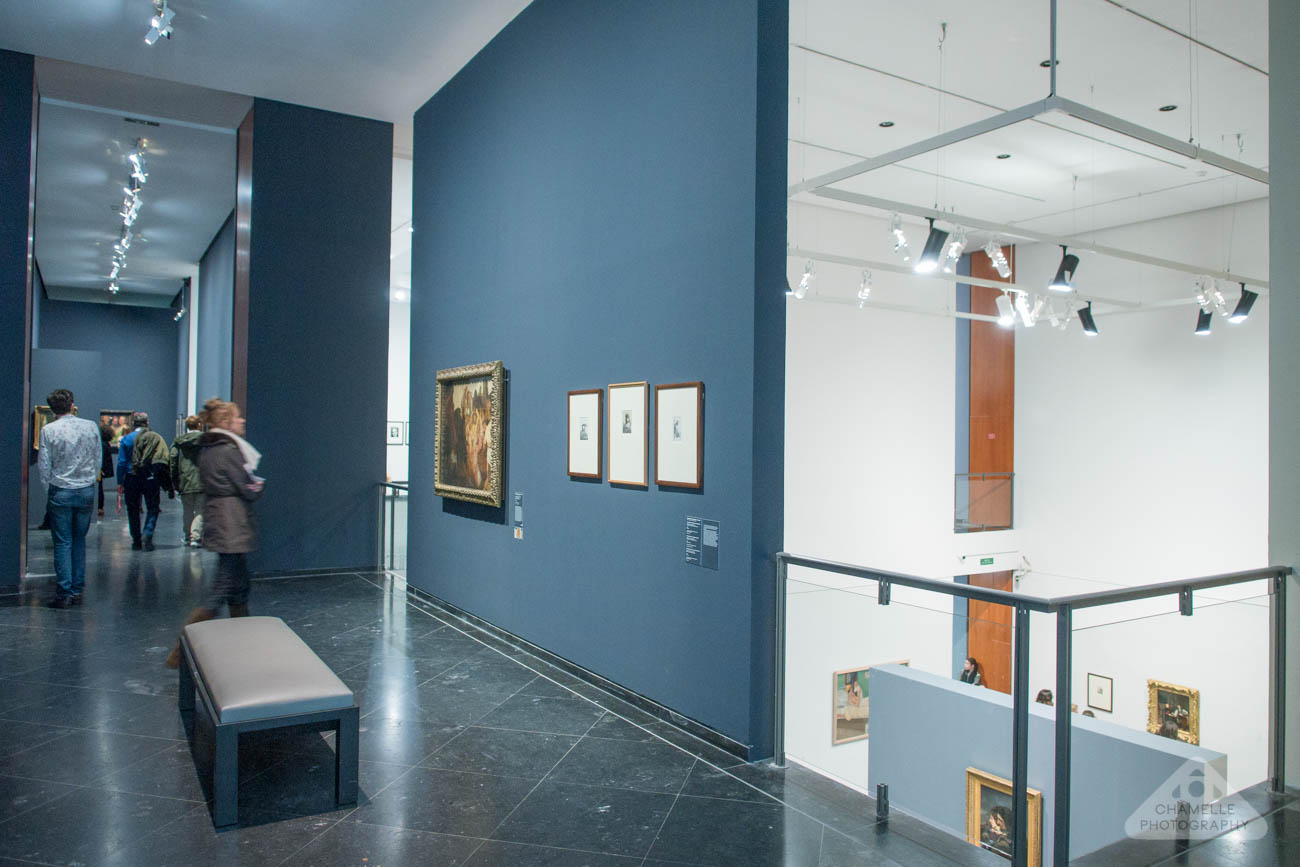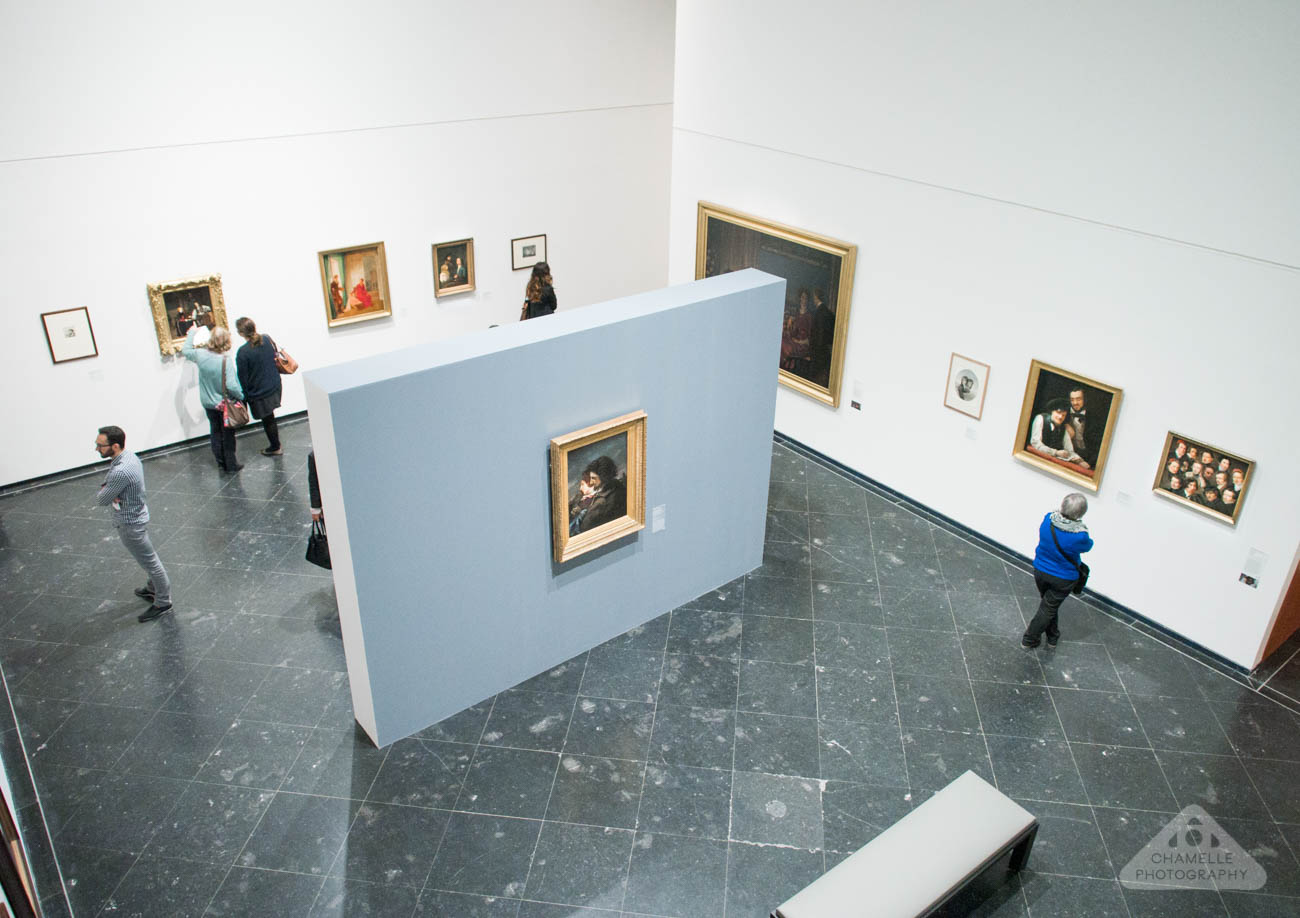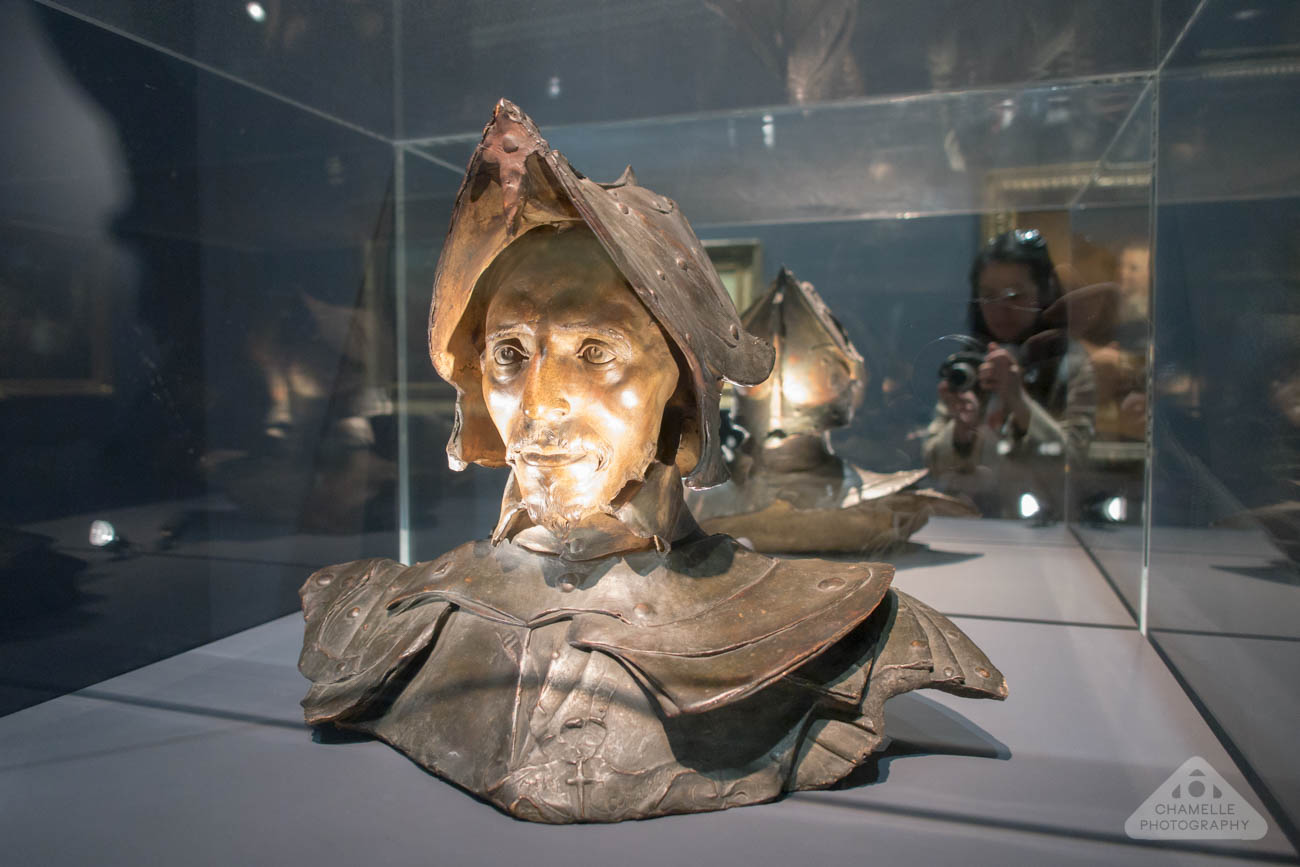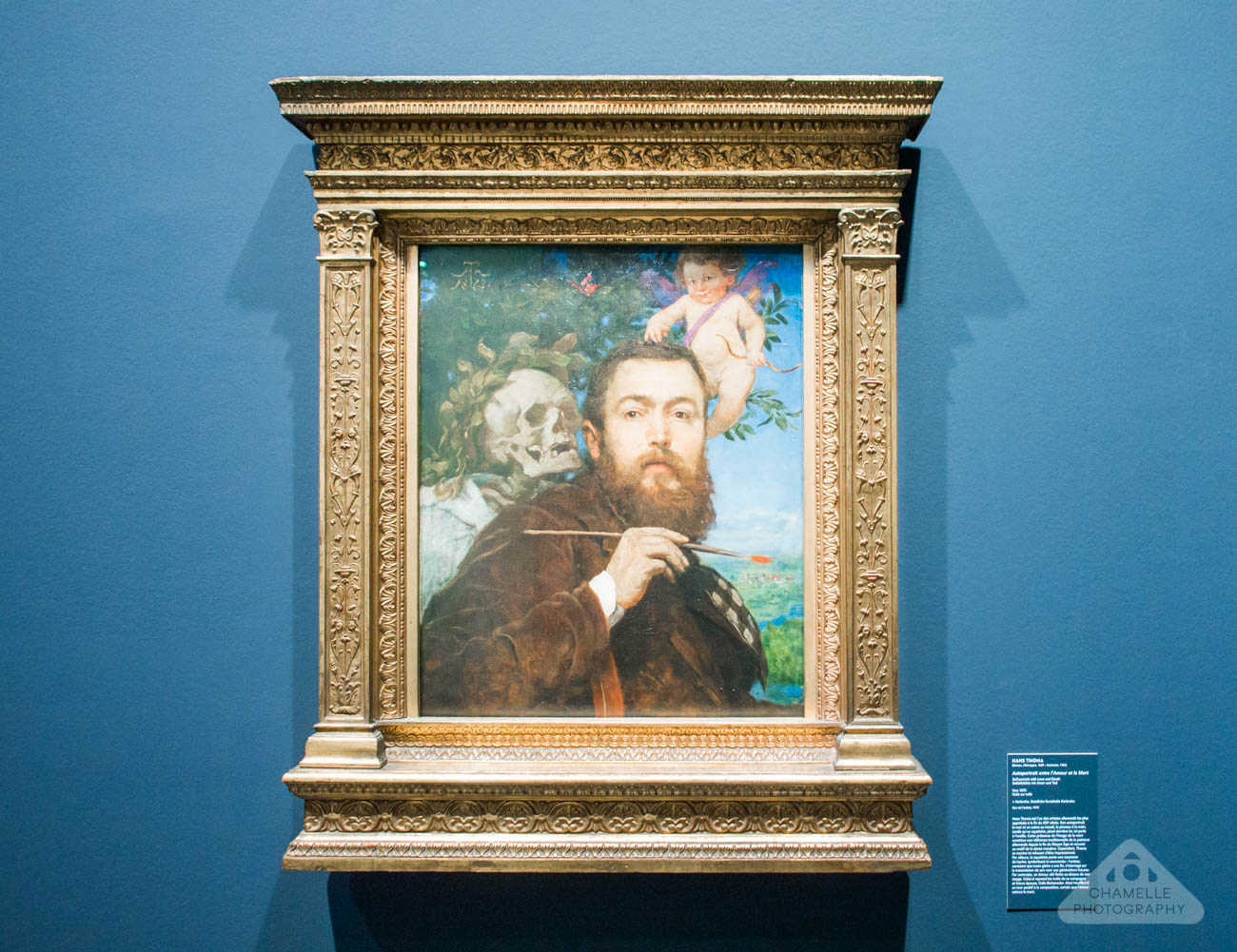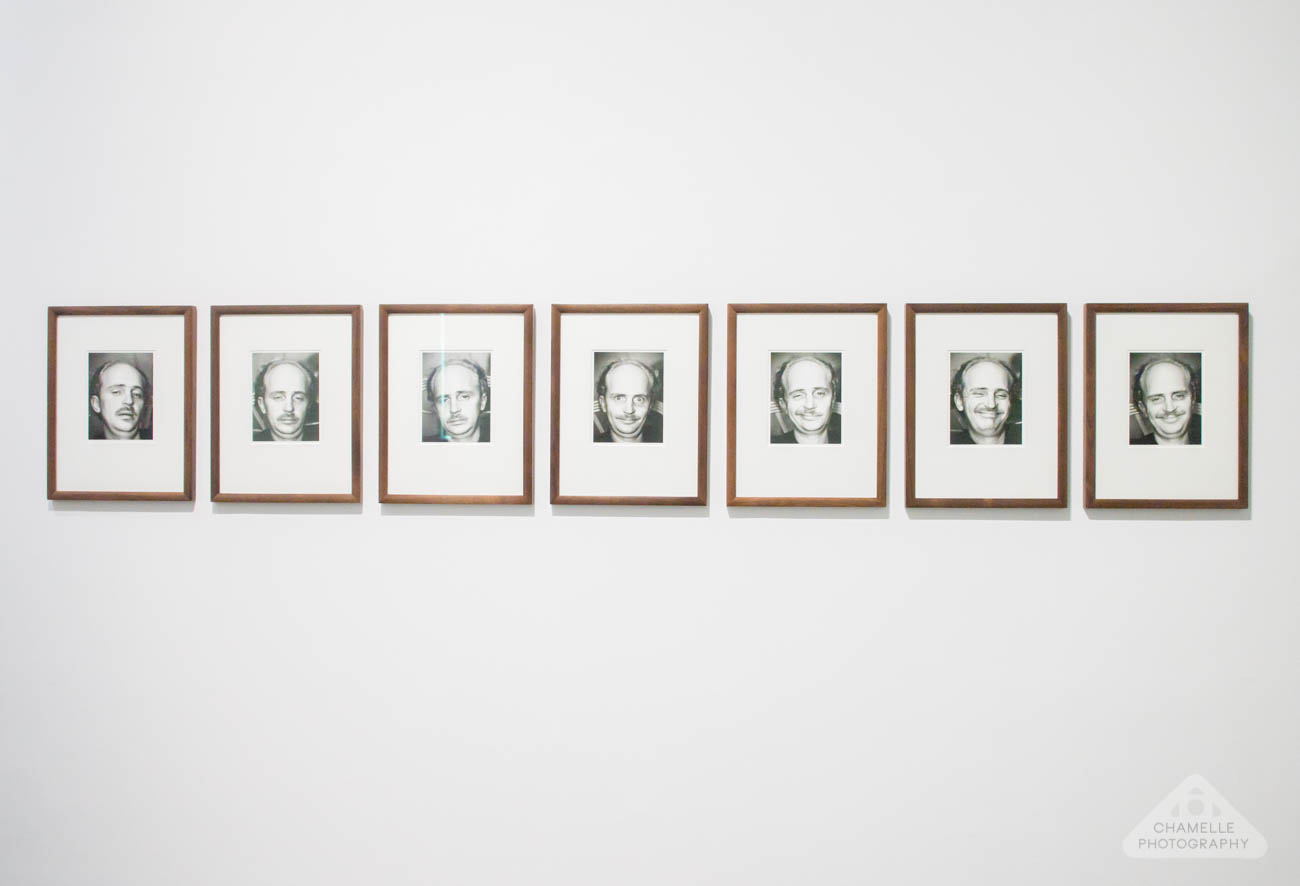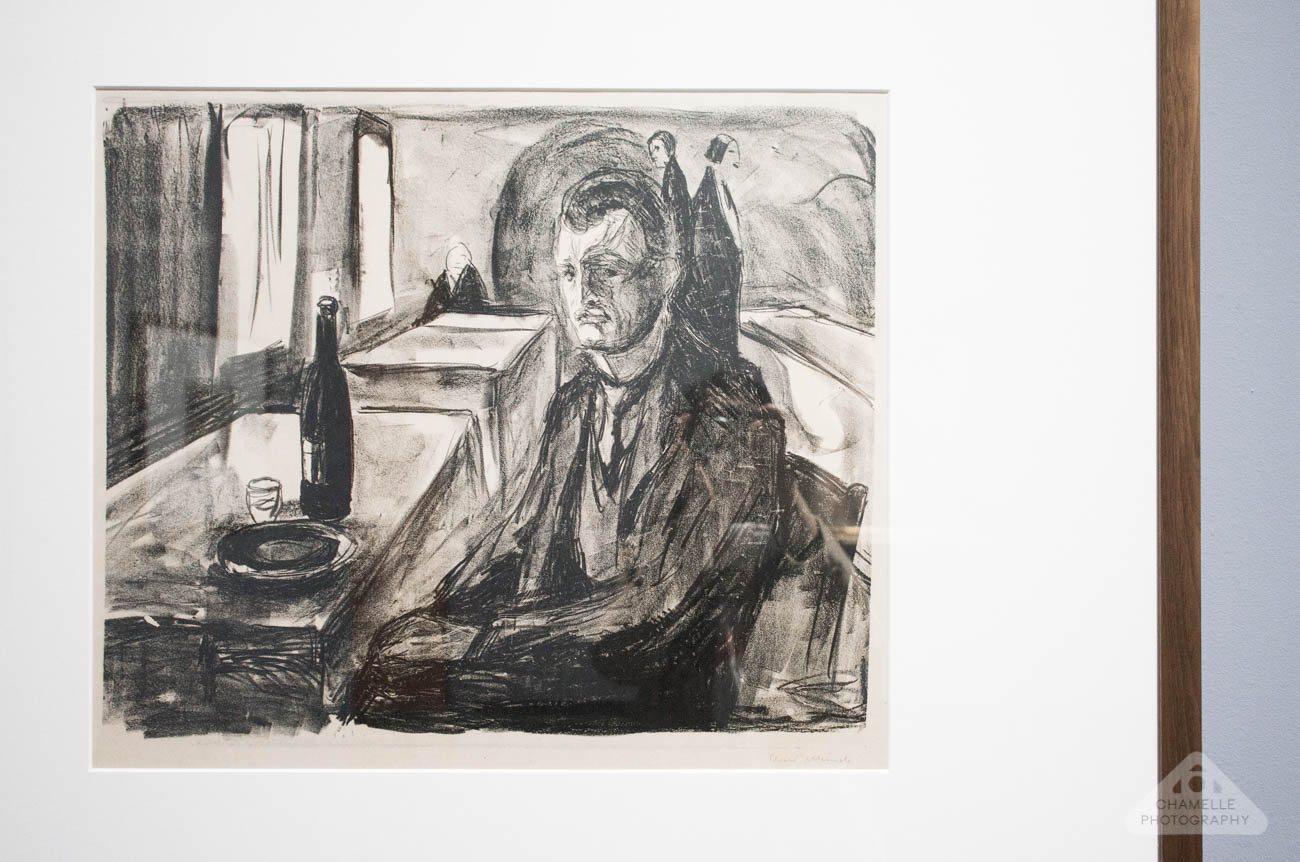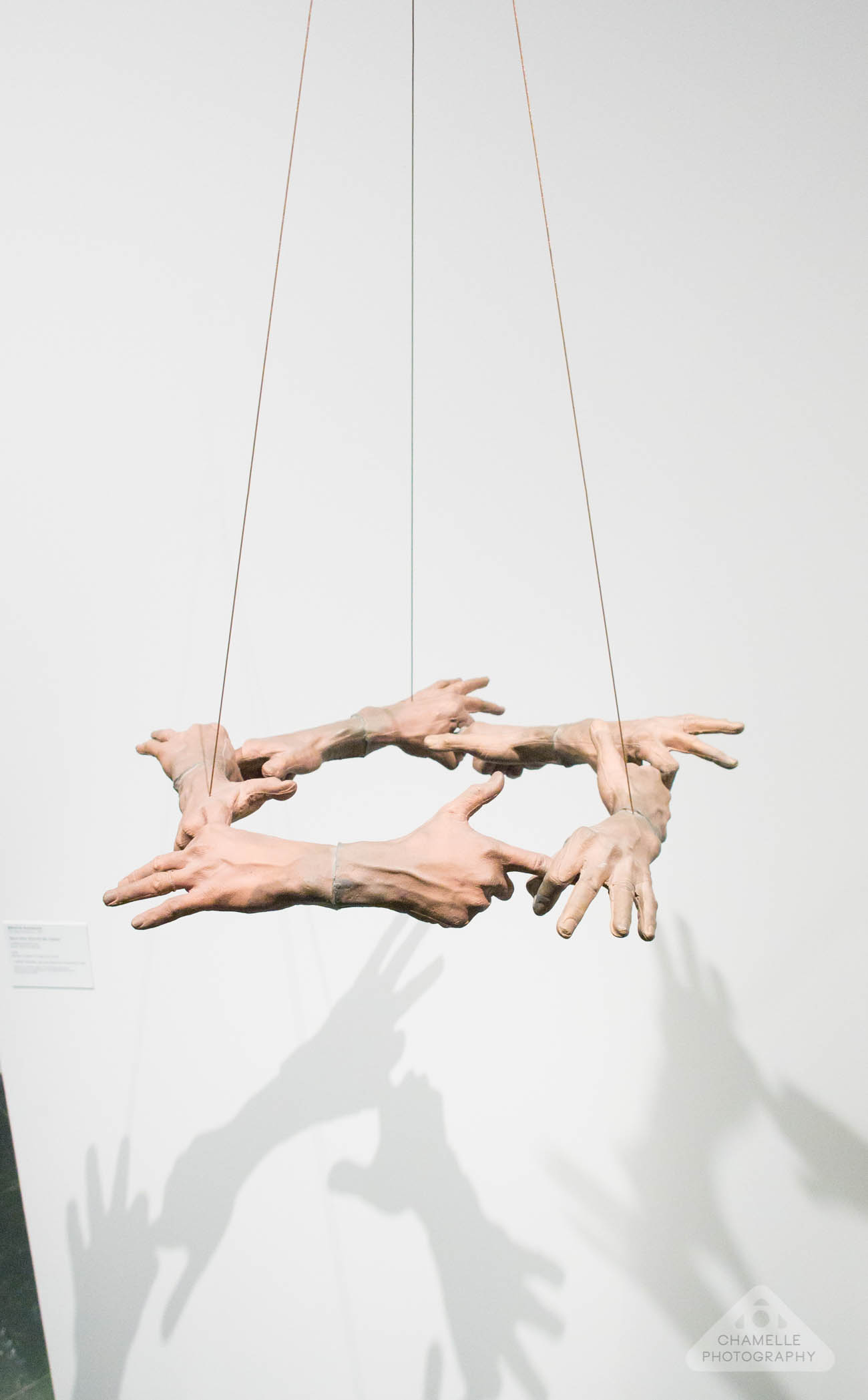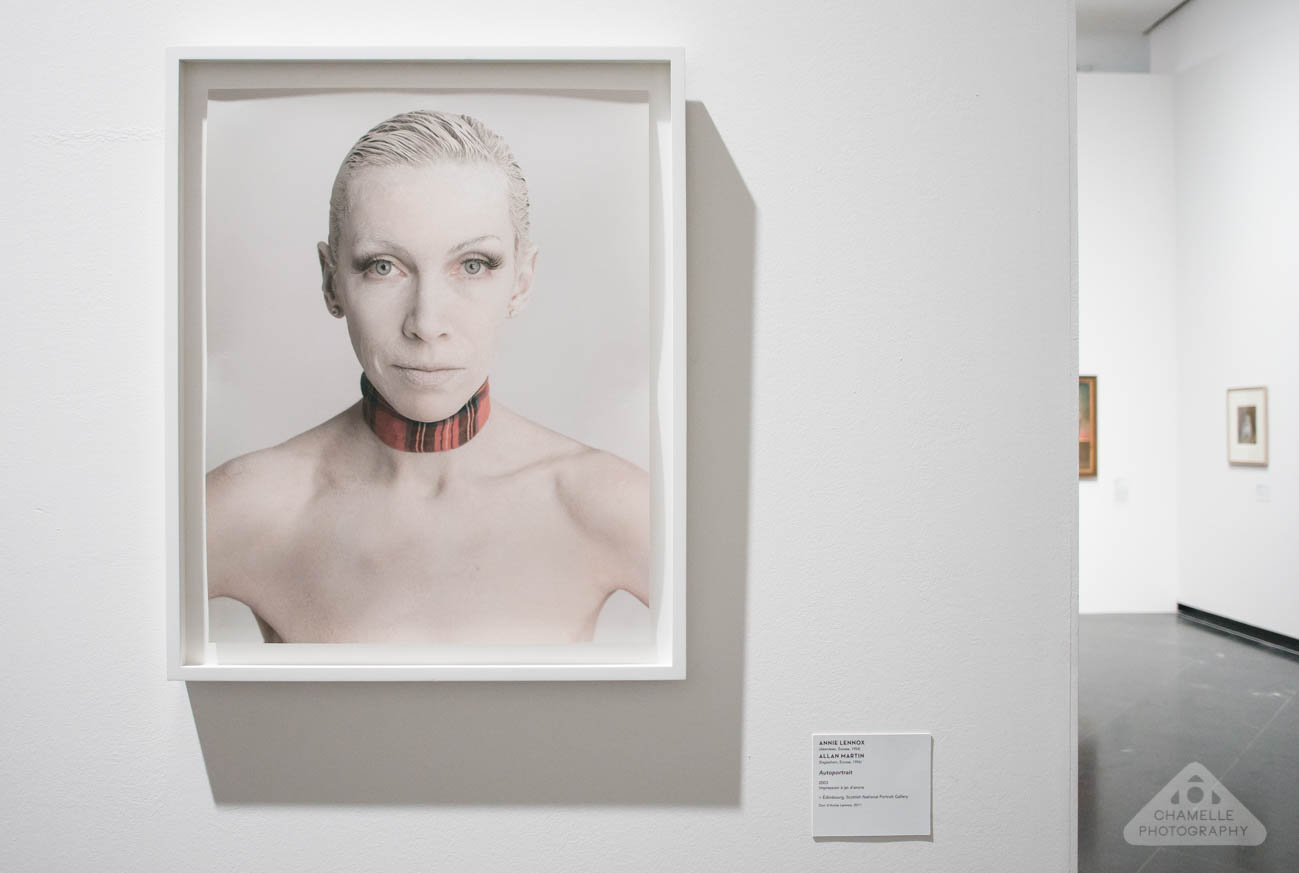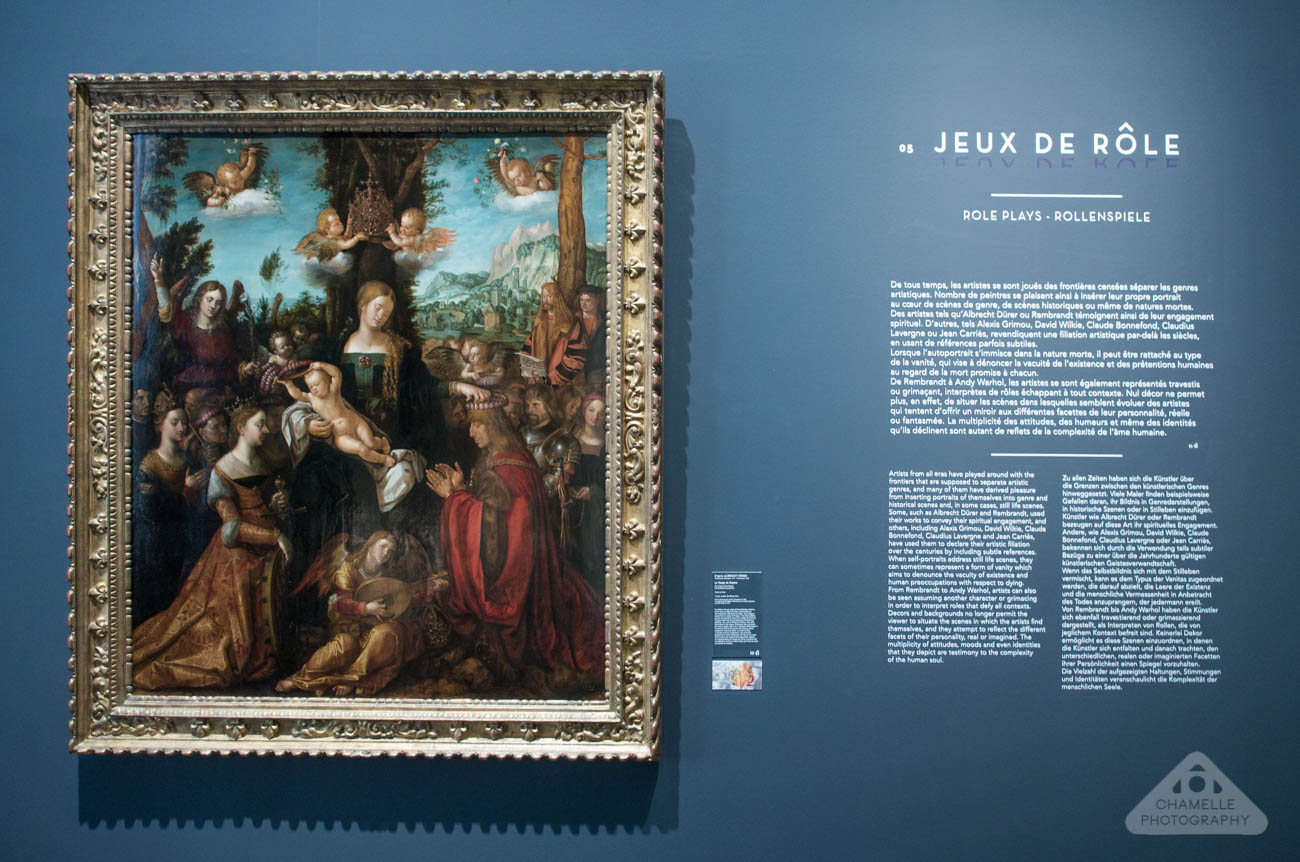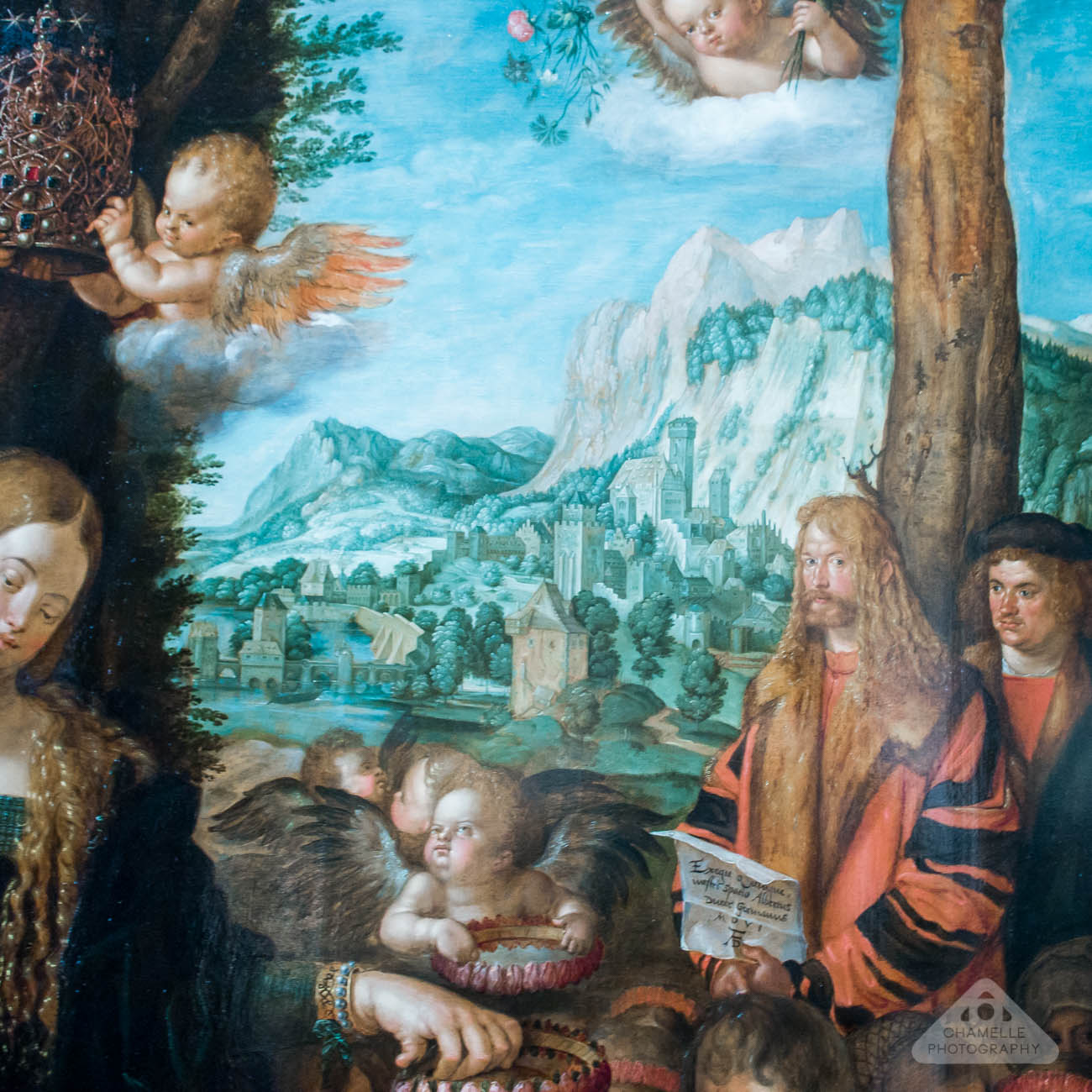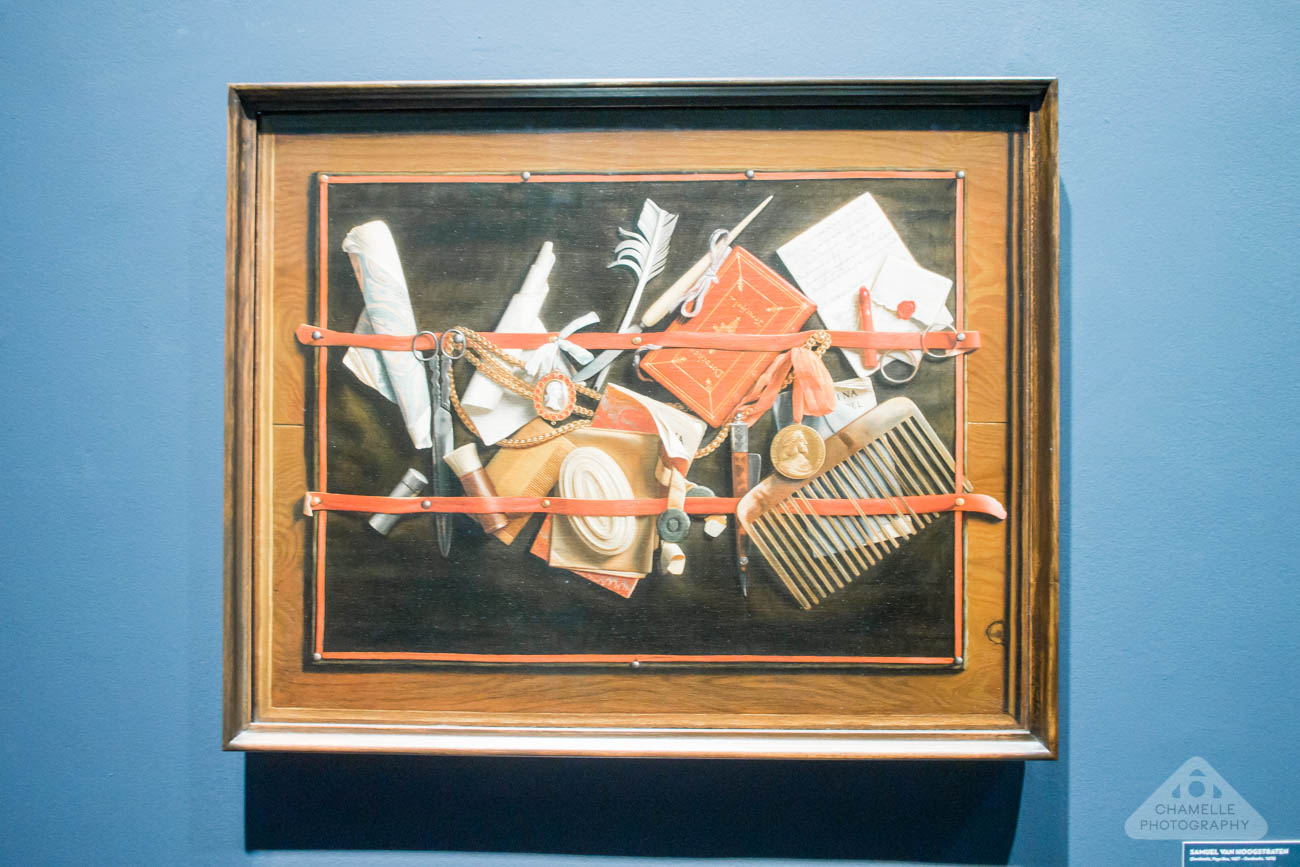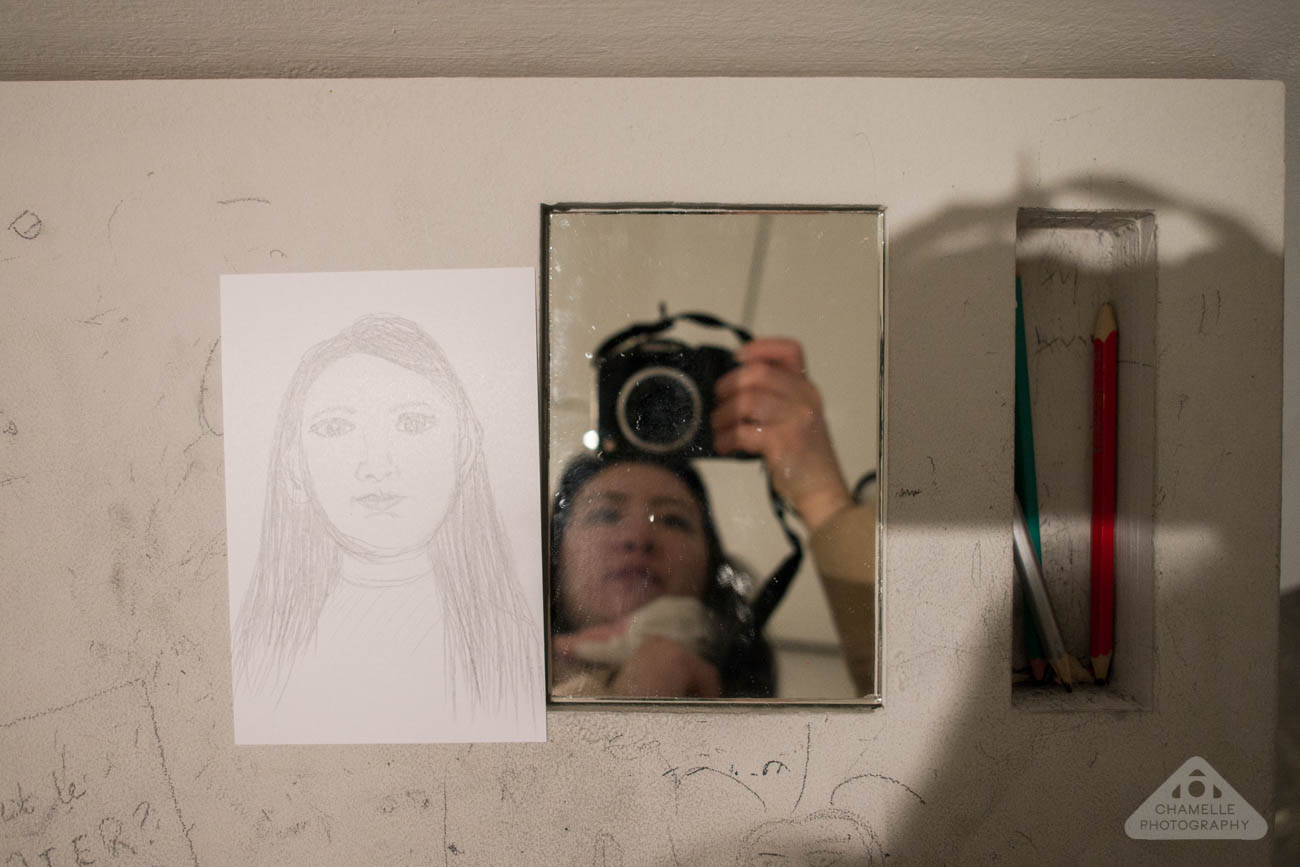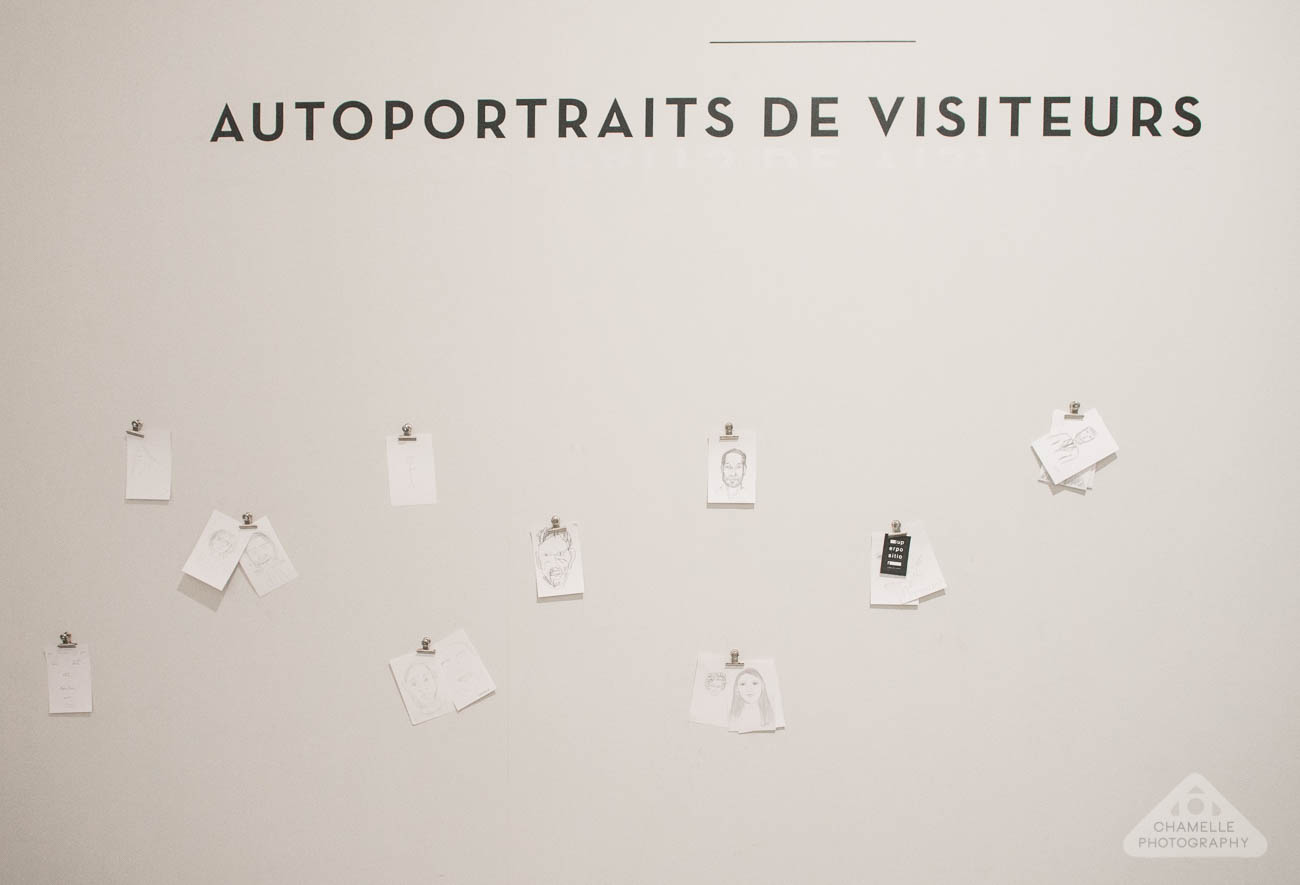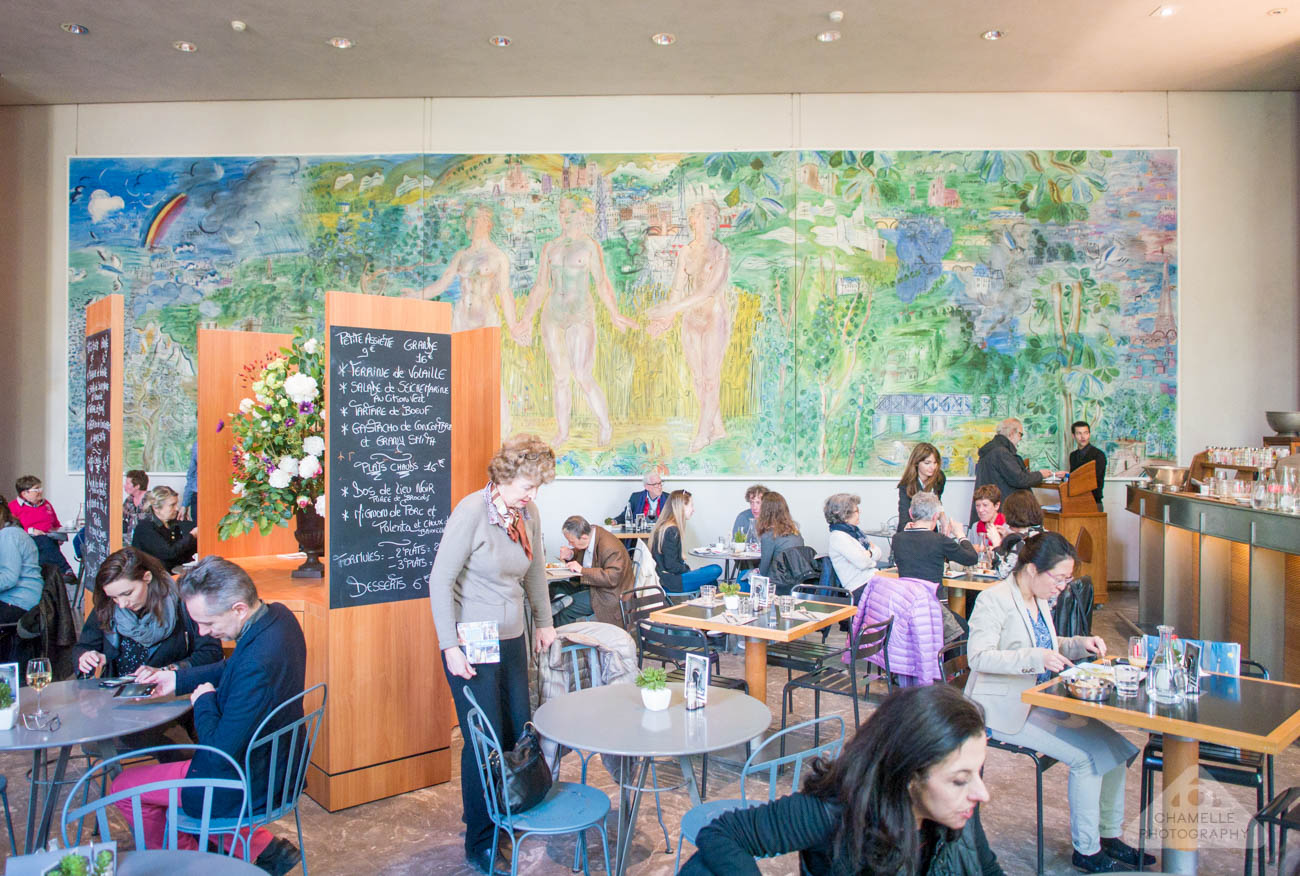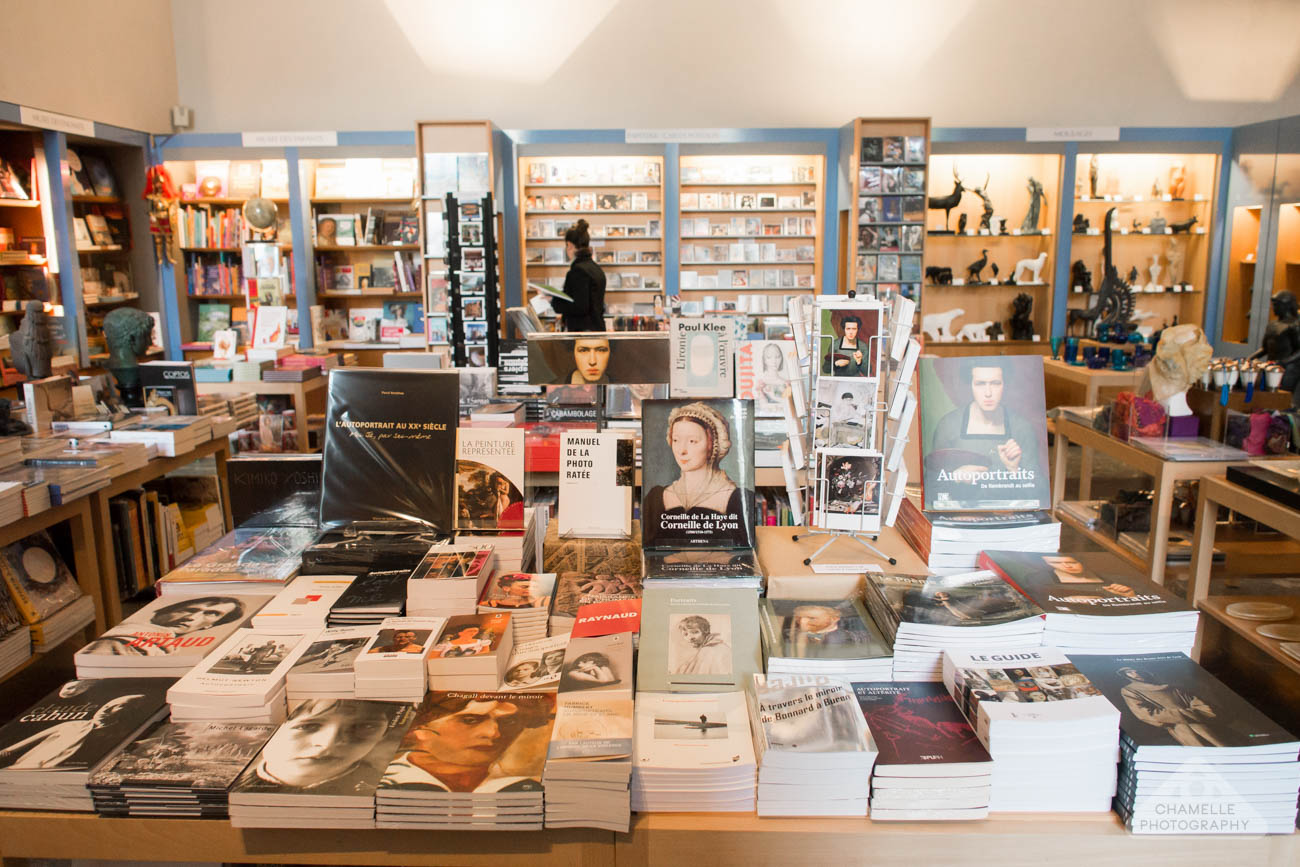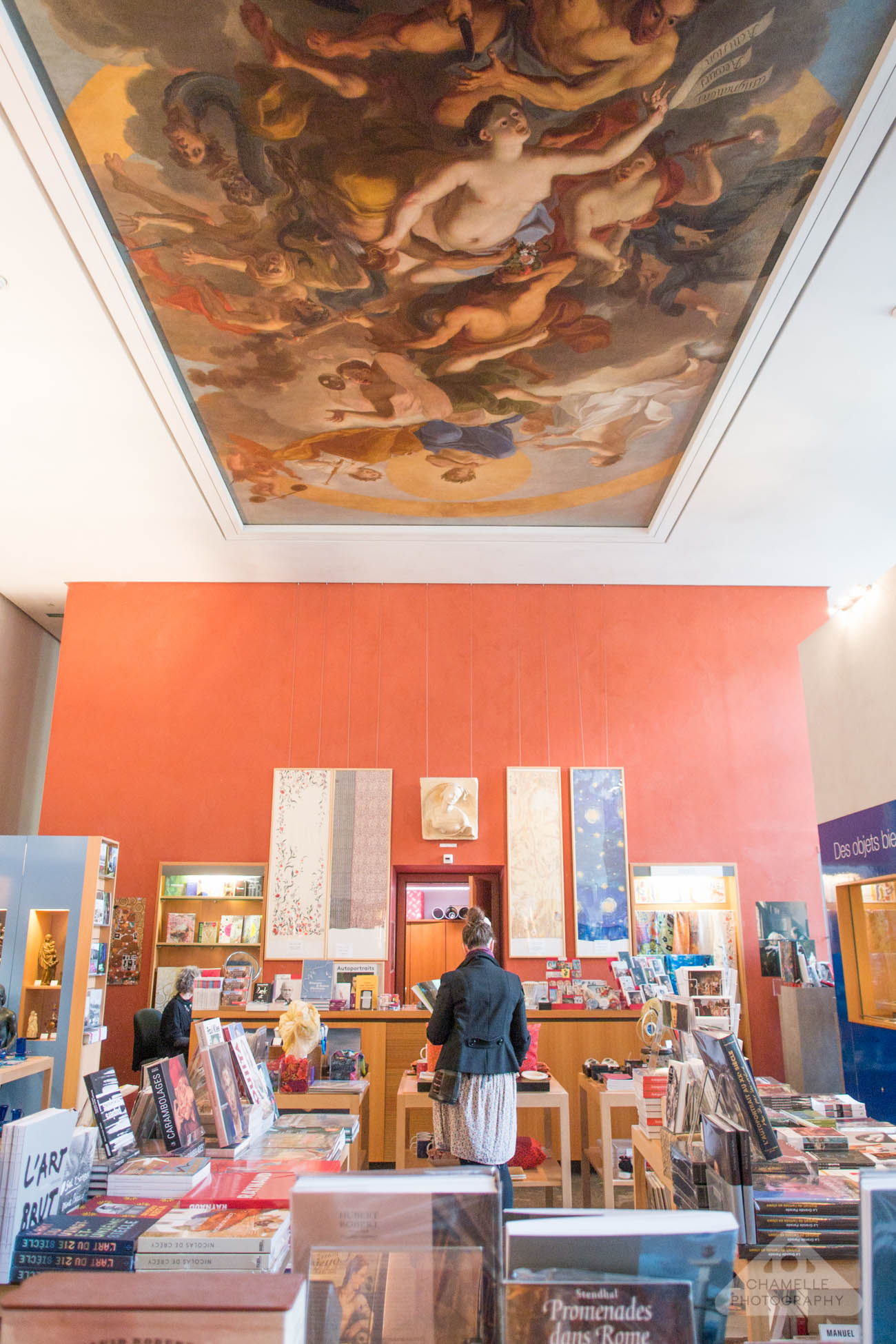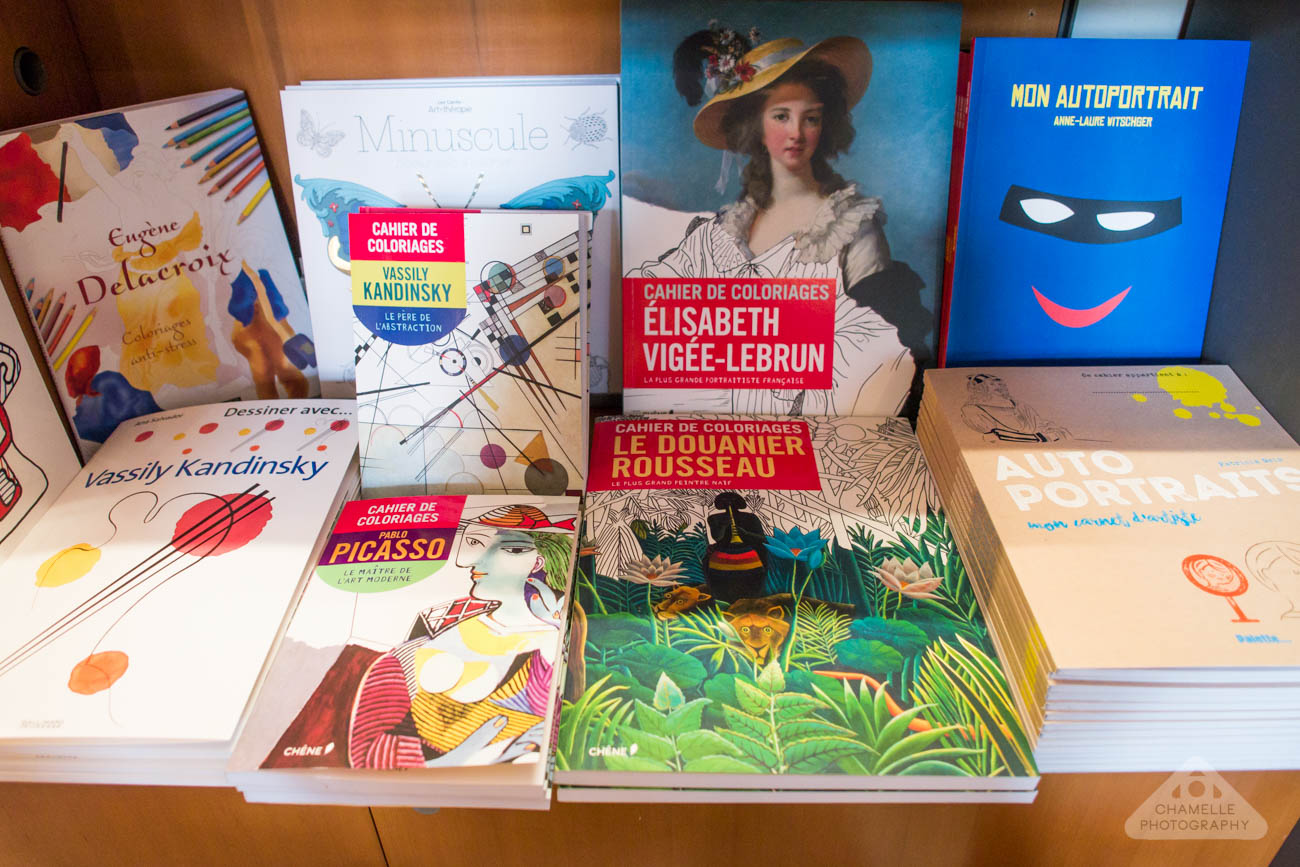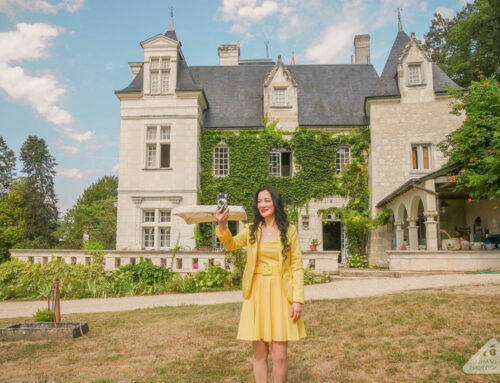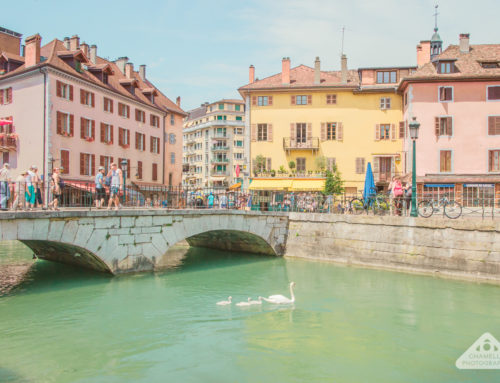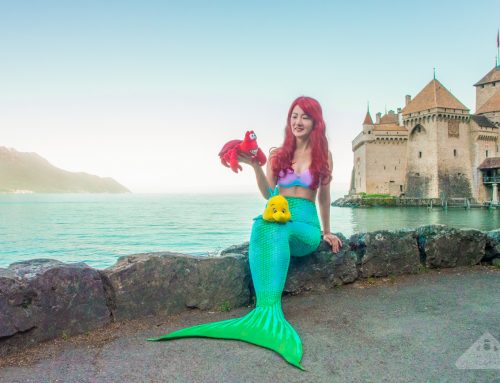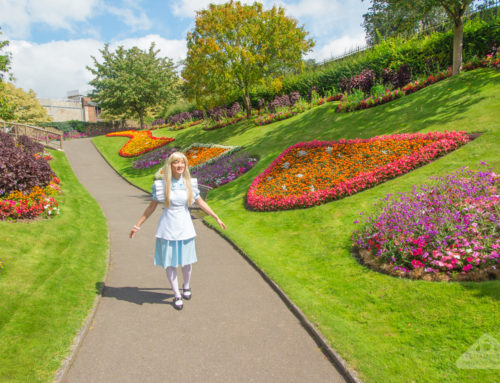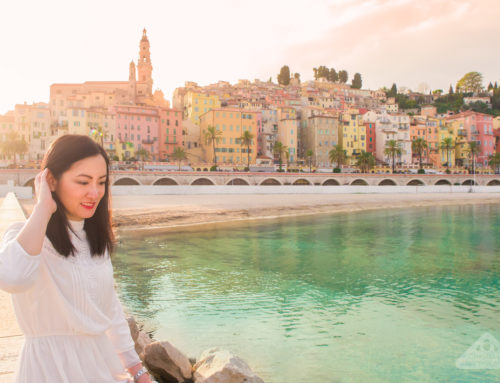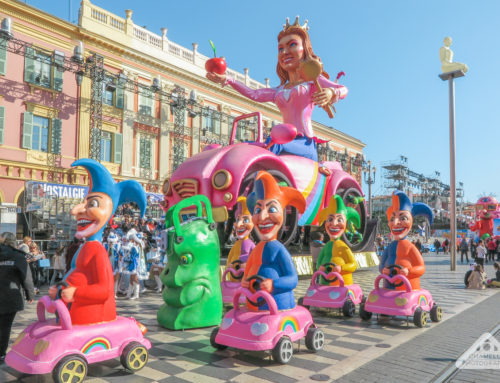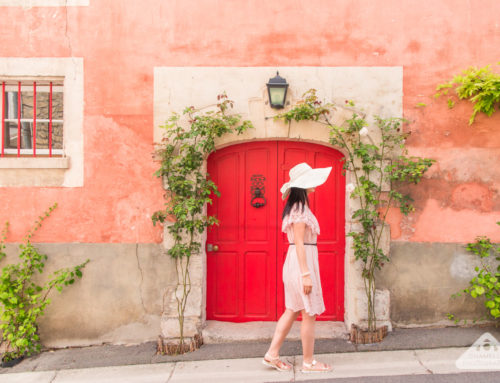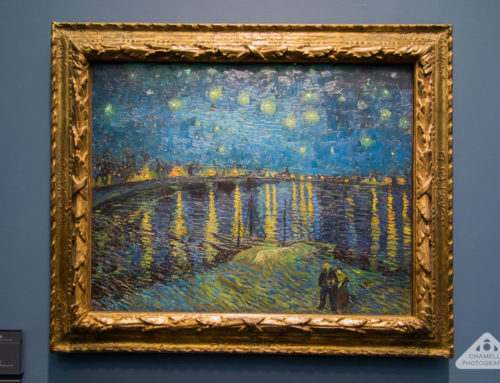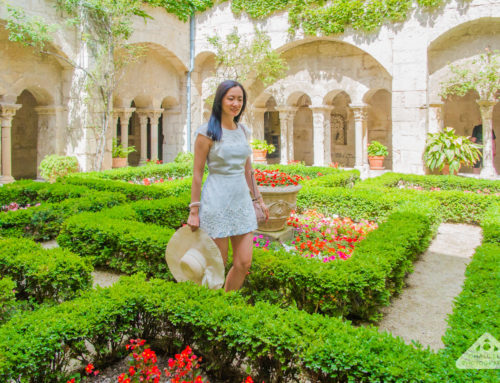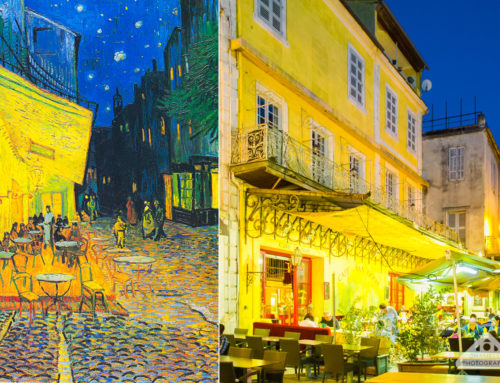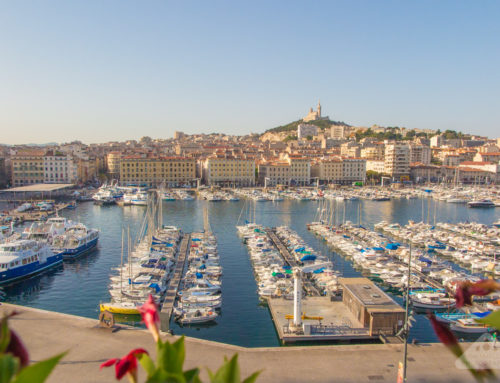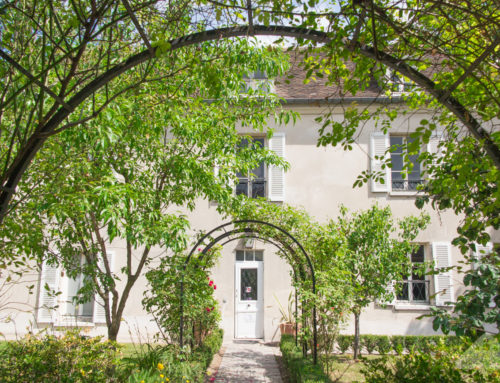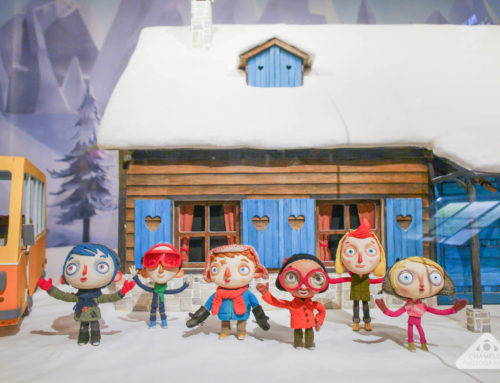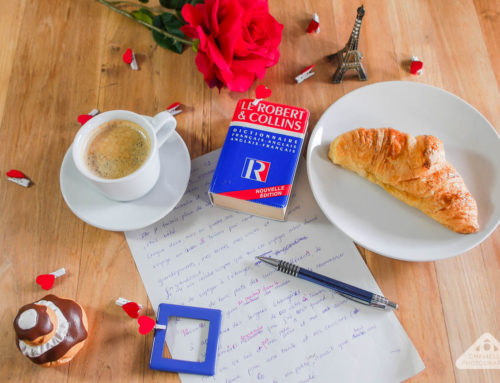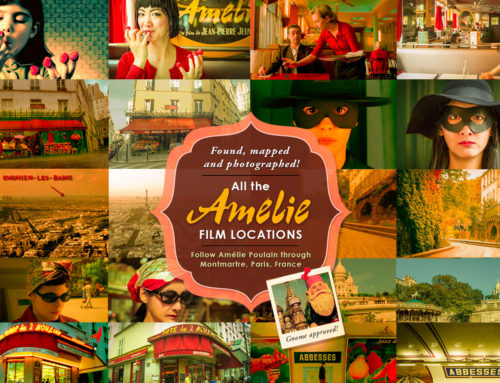As a runner-up winner in a recent Instagram photo competition organised by @igerslyon, @onlylyon and @mba_lyon I was invited to see the latest exhibition “De Rembrandt au selfie” (“From Rembrandt to the selfie“) in the Musée des Beaux-Arts, Lyon (Fine Arts Museum).
Having been on Instagram a while, I realised that owning smartphones and a copy of the Instagram app has enabled anyone and not just photographers to quickly and easily take photos including selfies. Some may view this practice as narcissistic but I think it’s fine unless it’s excessive. To me it is just another form of creative expression. So being a photographer and Instagram lover, the theme of this latest exhibition particularly interested me.
While I was in Amsterdam and Paris in February I did not have time to see the famous Rijksmuseum and Musée d’Orsay as I wanted to, but truthfully, I much prefer smaller museums anyway. I had been to Lyon‘s Musée des Beaux-Arts before and really enjoyed it. Sure it was also pretty big but still small enough to be fully explored in one afternoon and nothing like the size of the Parisian museums.
What I really love about living in less touristy cities (now Lyon, and formerly Geneva), is that we can enjoy museums and galleries with reasonable ticket prices and without lengthy queues, hordes of tourists and crowds. It was a joy to be able to just rock up without needing to buy a ticket in advance. If I had had to buy a ticket there were only about 5 people in the queue. Hint hint! Visit smaller less touristy European cities and you can also see amazing artworks without all the hassles. You can also have whole rooms in the museum to yourself/ves as I/we have had!
The exhibition was originally entitled I AM HERE and is a joint collaboration and travelling exhibition between three museums starting at the Staatliche Kunsthalle, Karlsruhe, Germany, currently at the Musée des Beaux Arts, Lyon, France, and going to the National Galleries of Scotland, Edinburgh next.
The thing about every form of creative expression is that there are trends which change with the times. Just like fashion, painting is no different. It may surprise many people that selfies are not a new thing at all. Selfies have been around for centuries, and we must look at art history to understand this ‘phenomenon.’ Rembrandt was one such self-portrait artist (hence the title of this exhibition). He created nearly 100 self-portraits in his lifetime.
I didn’t have any pre-conceived notions of what the exhibition would be about but I was pleasantly surprised; it was more in-depth than I had thought and covered not just paintings, but other types of art such as photographs and sculptures. It also featured works from all eras from the Renaissance period (1500s-1600s) up till the present day. The collection took three years to curate and features some 150 works.
The exhibition is divided into seven chapters:
- Le regard de l’artiste (The artist’s gaze)
- L’artiste un homme du monde (The artist as a nobleman)
- Dans l’atelier (The artist at work)
- Portraits de famille et d’amitié (The artist and family and friends)
- Jeux de rôle (Role playing)
- L’artiste dans son temps (The artist in his time)
- Le corps de l’artiste (The body of the artist)
which explore the typology of the self-portrait and its evolution over the centuries.
Here are some rooms of the museum and some interesting works which caught my eye:
Rembrandt, Self-portrait with feathered beret & Self-portrait as an oriental potentate, 1638
Paul Klee, Ghost of a Genius, 1922
Jean Carriès, The Warrior, 1881 (note my own selfie in the reflection 😉 )
Hans Thoma, Self-portrait with Love and Death, 1875
Alfred Otto Wolfgang Schulze, Seven self-portraits. Calme – triste – gaie (Calm – sad – happy), 1940-1942
Edvard Munch, Self-portrait with wine bottle, 1930
Bruce Nauman, Untitled (Hand Circle), 1996
Annie Lennox, Self-portrait, 2003
Albrecht Durer, Feast of the Rosary, 1506 (self-portrait hidden in a large painting)
I particularly enjoyed chapter 5, “Role playing” where the painter often inserted themselves into their own paintings as one of the characters. I found it kind of amusing trying to find them, kind of like a Renaissance “Where’s Wally”!
Samuel Van Hoogstraten, Trompe l’oeil still life, 1666
This photo which is not a self-portrait per se, caught my eye because it is evocative of the current flatlay photo trend which proves time and time again that trends and themes keep repeating themselves.
There were also some fun activities associated with this exhibition. At the entrance you could take some self-portraits with the passport photo machine.
They also provided you with paper, pencils and a little mirror to draw your own self-portrait. I cannot remember the last time I drew a picture of myself. This is my very bad attempt haha 😀
The museum also has an excellent cafe and bookstore
Curators:
For the Musée des Beaux-Arts, Lyon
- Sylvie Ramond, Conservator in chief, Director of the Museum of Fine Arts, Lyon
- Stéphane Paccoud, Chief Curator, Nineteenth Century Paintings and Sculptures
- Ludmila Virassamynaïken,Curator, Old Masters Paintings and Sculptures
For the Staatliche Kunsthalle, Karlsruhe
- Prof. Dr. Pia Müller-Tamm, Director
Dr. Alexander Eiling, curator
Dr. Dorit Schäfer, Curator, Drawings and Prints
For the National Galleries of Scotland, Edinburgh
- Michael Clarke, Director General
- Imogen Gibbon, curator
The art exhibition “De Rembrandt au selfie” (“From Rembrandt to the selfie“) is on from March 25th – June 26th 2016. Go see it! 🙂
Musée des Beaux-Arts, Lyon
20 Place des Terreaux 69001 Lyon
Tel: +33 (0)4 72 10 17 40
Opening hours
- Open daily from 10:00 a.m. to 6:00 p.m., Fridays from 10:30 a.m. to 6:00 p.m.
- Closed Tuesdays and public holidays.
- Ticket offices close at 5:30 p.m.
- Evacuation of museum rooms starts at 5:50 p.m.
- Partial closing between 12:30 p.m. and 2:00 p.m.
- In case of modification, hours are posted at the museum entrance.
- The ticket is valid the whole day.
Entry fees
- Free for under 18 years
- 6€ for 18-26 years
- 9€ for adults
- +3€ for a guided tour
- Audio guides are free
There is a cloakroom at the entrance, but no lockers.
Toilets are found inside the museum (not at the entrance) and you need an entry ticket to access them.

